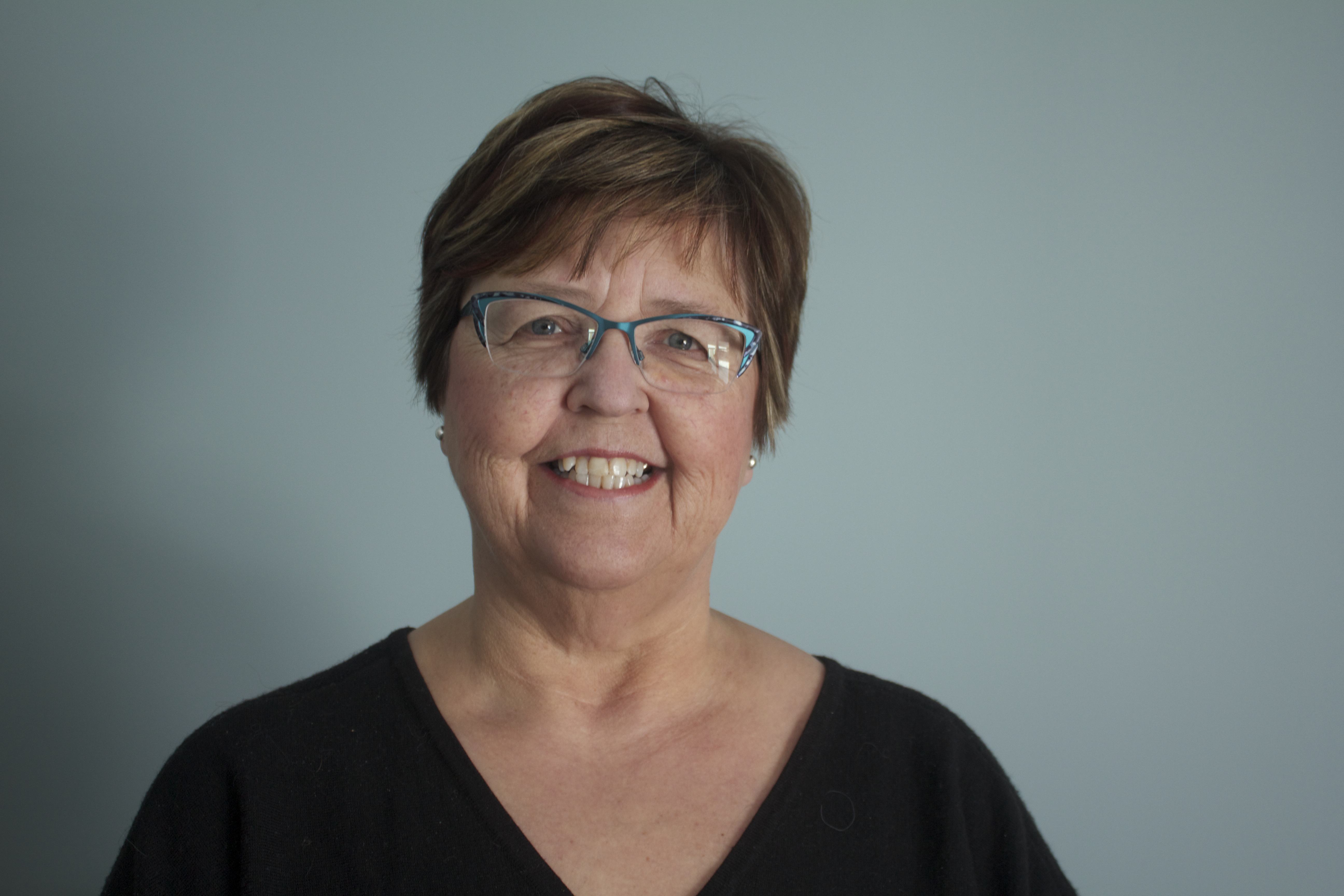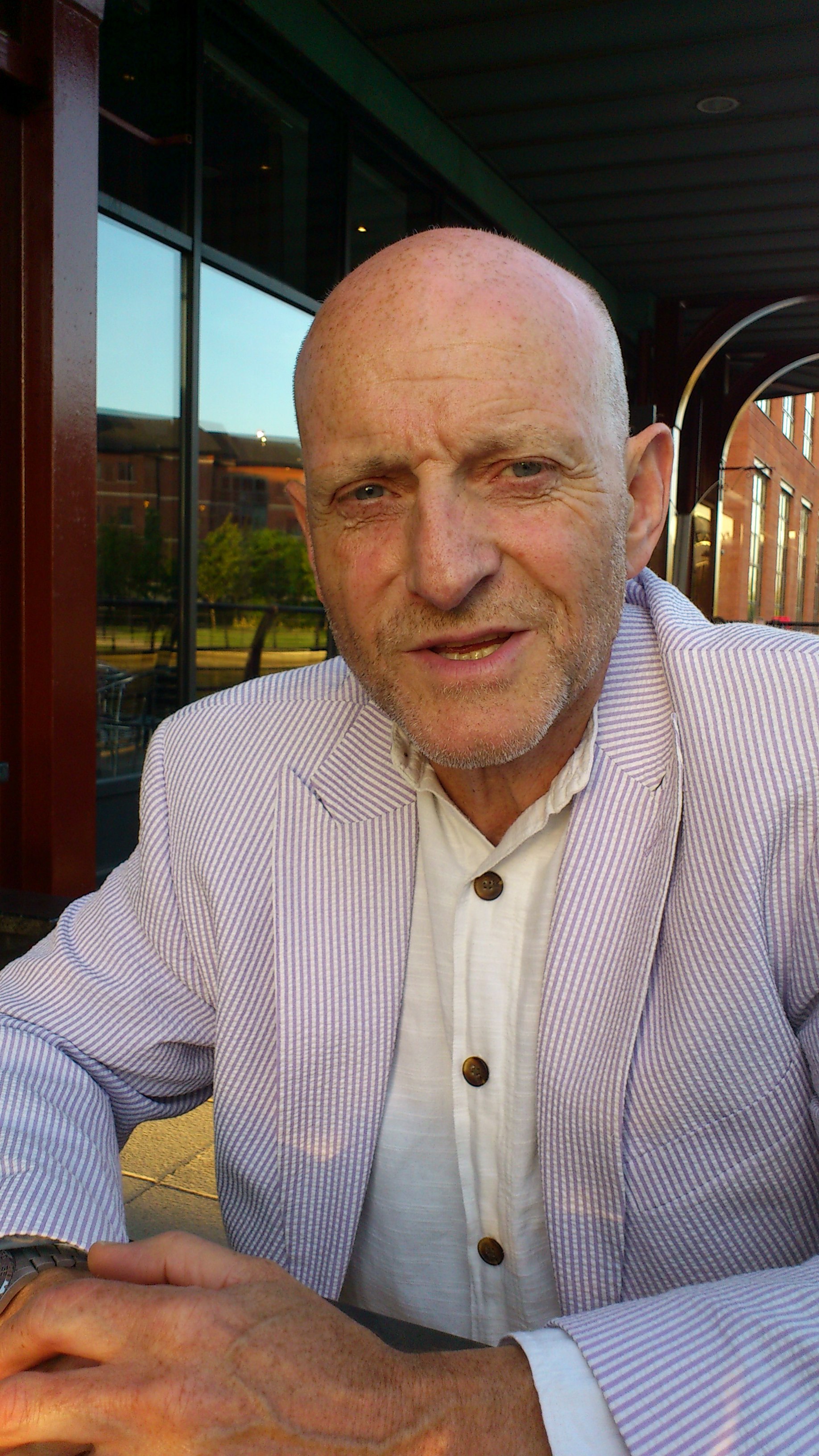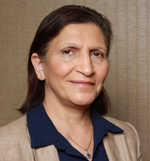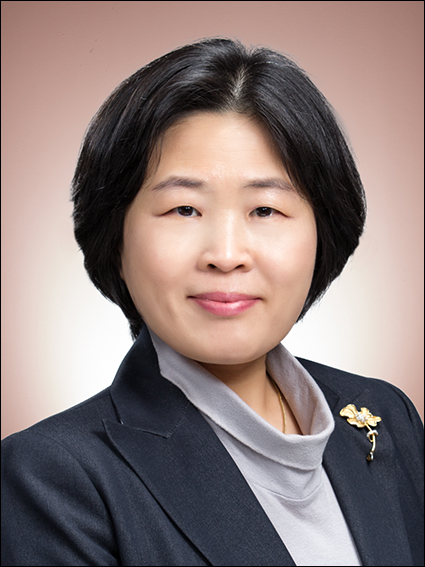Theme: Explore the possibilities towards better Healthcare
Euro Nursing 2015
OMICS Group is pleased to invite you to participate in the 3rd Euro Nursing & Medicare Summit during July 27-29, 2015 at Valencia, Spain with a theme to "Explore the Possibilities towards Better Healthcare". OMICS Publishing Group through its Open Access Initiative is committed to make genuine and reliable contributions to the scientific community.
Nursing conference brings together individuals who have an interest in different fields of nursing like psychiatric, cancer, cardiac, critical care, adult & women health, legal, pediatric and emergency nursing, midwifery, public health, healthcare and medicine from practice, research, administration, policy and education. It is a forum to explore issues of mutual concern as well as exchange knowledge, share evidence, ideas, and generate solutions.
Nursing Conference aims to discover advances in health practice, management and education in relation to health disparities as well as a breadth of other topics. According to the reports, total health care spending in Europe is 14.7% of its GDP. Health share of GDP will continue its historical upward trend, reaching 15.7% of GDP by 2017. Hospital care expenditure in Europe is $650.2 Billion and the gross output of Europe hospitals is around $554,264 Million. The total number of Europe registered hospital is around 4,723 while the number of Europe community hospital is 3,299.
There are 24 Major Nursing universities, Health care centers and 26 nursing societies located in Europe. Europe is the hub for more than 100 National nursing organizations. Currently, Worldwide 18 Nursing Unions and 16 Specialty organizations are working for the development of the field across the world.
Track 1: Psychiatric and Mental Health Nursing
Assessment and evaluation of mental health is a psychiatric assessment, or psychological screening. It includes our emotional, psychological, and social well-being. It affects how we think, feel, and act. It also helps determine how we handle stress, relate to others and make choices. Mental health is important at every stage of life, from childhood and adolescence through adulthood. The assessment is usually the first stage of a treatment process, but psychiatric assessments may also be used for various legal purposes. Anxiety and sleep disorders- Nursing care is a category of mental disorders characterized by feelings of anxiety and fear, where anxiety is a worry about future events and fear is a reaction to current events. There are a number of anxiety disorders: including generalized anxiety disorder, a specific phobia, social anxiety disorder, separation anxiety disorder, agoraphobia, and panic disorder among others. Primary mental health care and nursing is the specialty of nursing that cares for people of all ages with mental illness or mental distress, such as schizophrenia, bipolar disorder, psychosis, depression or dementia. Stress and emotional treatment studies and outcomes is may develop after a person is exposed to one or more traumatic events, such as major stress, sexual assault, terrorism, or other threats on a person's life. Electroconvulsive therapy is a procedure in which electric currents are passed through the brain, intentionally triggering a brief seizure.A round of ECT is effective for about 50% of people with treatment-resistant major depressive disorder, whether it is unipolar or bipolar.
Track 02: Cancer Nursing
Clinical implications and cancer nursing based on the rates of pain and other symptoms documented in the literature, changes in clinical practice are needed to reduce the symptom burden of residents with cancer. However, evidence-based practice standards have yet to be defined for the specific population of residents with cancer. Primary care and cancer nursing is a care delivery system that supports professional nursing practice. Within Primary Nursing, a therapeutic relationship is established between a registered nurse and an individual patient and his or her family. Cancer nursing and oncology is the field of medicine that is devoted to cancer. Clinical oncology consists of three primary disciplines: Medical oncology, surgical oncology and radiation oncology. Treatment of cancer and cancer nursing most common types of cancer treatment such as surgery, chemotherapy, radiation therapy and many others. Effects of cancer in chemotherapy and cancer nursing in which different drugs cause different side effects which are pain, sores in the mouth and throat, diarrhea, blood disorders, nervous system effects, hair loss, long-term side effects.
Track 03: Clinical Nursing
Practices in clinical nursing is an important component of the Bachelor of Science (Nursing) program and a requirement for registration with Australian Health Practitioner Regulation Agency (AHPRA ). Clinical practice provides students with an opportunity to achieve competence in safe and effective work practice as well as develop the skills, knowledge, attitudes, values and abilities identified in the ANMC National Competency Standards for the Registered Nurse. Men in nursing make up around 10% of the nursing workforce in the UK and USA. Nurses are typically regarded as female and males in nursing can find themselves referred to by the public and patients as 'male nurses' or 'murse' to distinguish them from other nurses. Clinical nursing and nursing management consists of the performance of the leadership functions of governance and decision-making within organizations employing nurses. It includes processes common to all management like planning, organizing, staffing, directing and controlling. Clinical nursing and nursing theory is defined as ‘a creative and rigorous structuring of ideas that project a tentative, purposeful, and systematic view of phenomena.
Track 04: Critical care nursing
Critical care nursing is the field of nursing with a focus on the utmost care of the critically ill or unstable patients. Infection prevention and nursing care is the discipline concerned with preventing nosocomial or healthcare-associated infection, a practical (rather than academic) sub-discipline of epidemiology. Newborn babies who need intensive medical attention are often admitted into a special area of the hospital called the Neonatal intensive care and nursing care. The role of advocacy in critical nursing care: Critical care nurses work in a wide variety of settings, filling many roles including bedside clinicians, nurse educators, nurse researchers, nurse managers, clinical nurse specialists and nurse practitioners. Dimensions of Critical Care Nursing’s mission is to provide nurses with accurate, current, and relevant information and services to excel in critical care practice.
Track 05: Cardiac Nursing
Cardiac nursing is a nursing specialty that works with patients who suffer from various conditions of the cardiovascular system. Cardiac rehabilitation (cardiac rehab) is a professionally supervised program to help people recover from heart attacks, heart surgery and percutaneous coronary intervention (PCI) procedures such as stenting and angioplasty. Heart failure care management or patient continuous care management is a healthcare delivery model where each patient's unique medical needs and goals of care are coordinated and communicated for the best possible outcomes. Cardiomyopathy is the measurable deterioration for any reason of the ability of the myocardium to contract, usually leading to heart failure. The most common form of cardiomyopathy is dilated cardiomyopathy. Intensive hemodialys is a method of mechanically cleansing the blood outside of the body, in order to remove various substances that would normally be cleared by the kidneys. Health care for cardiovascular diseases for many people, a key step in managing cardiovascular disease involves addressing the modifiable risk factors discussed above. Additionally, there are a range of medicines and surgical treatments available for cardiovascular diseases.
Track 06: Adult Health Nursing
Adult heart failure and nursing care treatment is based on the severity of the congenital heart disease. Some mild heart defects do not require any treatment.Others can be treated with medications, invasive procedures or surgery. Most adults with congenital heart disease should be monitored by a heart specialist and may need to take precautions to prevent endocarditis (an infection of the heart) throughout their life. End-of-life care refers to health care, not only of patients in the final hours or days of their lives, but more broadly care of all those with a terminal illness or terminal condition that has become advanced, progressive and incurable. Fall prevention is a major component of patient safety. The Institute of Medicine (IOM), 2003, stated that patient safety is defined as the prevention of harm to patients, where harm can occur through errors of commission and omission. An adult-gerontology health nursing is a type of nurse practitioner that specializes in continuing and comprehensive healthcare for adults across the lifespan from adolescence to old age.
Track 07: Women Health Nursing
Women have turned to midwives for support and assistance in childbirth. (Midwife means "with woman.") Today's certified nurse-midwives continue to provide this personal care, which represents a bridge between traditional birth practices and modern technology. Gynecologic malignancies and nursing care is a specialized field of medicine that focuses on cancers of the female reproductive system, including ovarian cancer, uterine cancer, vaginal cancer, cervical cancer, and vulvar cancer. As specialists, they have extensive training in the diagnosis and treatment of these cancers. Women and cardiac diseases although heart disease is often thought of as a problem for men more women than men die of heart disease each year. One challenge is that some heart disease symptoms in women may be different from those in men. Fortunately, women can take steps to understand their unique symptoms of heart disease and to begin to reduce their risk of heart disease. Preterm birth can be classified as primary (aimed at all women), secondary (aimed at eliminating or reducing risk in women with a previous preterm birth), or tertiary (aimed at preterm infants) While the ability of obstetrical care providers to identify women at risk for preterm birth has improved over the past three decades, application of primary and secondary interventions has not reduced the incidence of preterm delivery, which has actually increased.
Track 08: Legal Nursing
Legal Nursing is the implications of nursing practice are tied to licensure, state and federal laws, scope of practice and a public expectation that nurses practice at a high professional standard. The nurse’s education, license and nursing standard provide the framework by which nurses are expected to practice. Ethical issues in legal nursing are mainly six ethical principles that arise frequently for the nurse who works in the correctional setting 1. Respect for persons (autonomy and self-determination) 2. Beneficence (doing good) 3. Nonmaleficence (avoiding harm)
4. Justice (fairness, equitability, truthfulness), 5. Veracity (telling the truth) 6. Fidelity (remaining faithful to one’s commitment). Medical practice means to engage, with or without compensation, in medical diagnosis, healing, treatment, or surgery. “Practice medicine” includes doing, undertaking, professing to do, and attempting ,any of the following: diagnosing, healing, treating, preventing, prescribing for, or removing any physical, mental, or emotional ailment or supposed ailment of an individual by physical, mental, emotional, or other process that is exercised or invoked by the practitioner, the patient, or both. The affordable care act known as the Affordable Care Act or ACA, and generally referred to as Obama care igned under the title of The Patient Protection and Affordable Care Act, the law included multiple provisions that would take effect over a matter of years, including the expansion of Medicaid eligibility, the establishment of health insurance exchanges and prohibiting health insurers from denying coverage due to pre-existing conditions.
Track 09: Pediatric Nursing
Childhood overweight and obesity is a condition where excess body fat negatively affects a child's health or well-being. As methods to determine body fat directly are difficult, the diagnosis of obesity is often based on BMI. Due to the rising prevalence of obesity in children and its many adverse health effects it is being recognized as a serious public health concern. Health issues with children and youth is the range of approaches to preventing, detecting or treating young people’s health and well. The term adolescent and young people are often used interchangeably, as are the terms Adolescent Health and Youth Health. Young people’s health is often complex and requires a comprehensive, bio psychosocial approach. Children’s health includes the study of possible environmental causes of children’s illnesses and disorders, as well as the prevention and treatment of environmentally mediated diseases in children and infants. Children are highly vulnerable to the negative health consequences associated with many environmental exposures. Health care transition planning refers to the coordination and continuity of health care during a movement from one healthcare setting to either another or to home, called care transition, between health care practitioners and settings as their condition and care needs change during the course of a chronic or acute illness. Older adults who suffer from a variety of health conditions often need health care services in different settings to meet their many needs.
Track 10: Nursing Education and Research
Nurse education consists in the theatrical and practical training provided to nurses with the purpose to prepare them for their duties as nursing care professionals. This education is provided to nursing students by experienced nurses and other medical professionals who have qualified or experienced for educational tasks. Most countries offer nurse education courses that can be relevant to general nursing or to specialized areas including mental health nursing, pediatric nursing and post-operatory nursing. Nurse education also provides post-qualification courses in specialist subjects within nursing. Techniques for reflecting nursing practices is the capacity to reflect on action so as to engage in a process of continuous learning. According to one definition it involves "paying critical attention to the practical values and theories which inform everyday actions, by examining practice reflectively and reflexively. Reflective practice can be an important tool in practice-based professional learning settings where people learn from their own professional experiences, rather than from formal learning or knowledge transfer. Teaching, evaluation and learning and clinical practice provides clinical nurses with the theoretical background and practical tools necessary to succeed as a clinical nursing instructor. The theory used to support the practice of clinical education is presented in a straightforward, easily understood manner.
Track 11: Dental Nursing
Oral cancer or mouth cancer is a type of head and neck cancer is any cancerous tissue growth located in the oral cavity. It may arise as a primary lesion originating in any of the tissues in the mouth, by metastasis from a distant site of origin, or by extension from a neighboring anatomic structure, such as the nasal cavity. Alternatively, the oral cancers may originate in any of the tissues of the mouth, and may be of varied histologic types: Teratoma, adenocarcinoma derived from a major or minor salivary gland, lymphoma from tonsillar or other lymphoid tissue, or melanoma from the pigment-producing cells of the oral mucosa. Cosmetic dentistry is generally used to refer to any dental work that improves the appearance (though not necessarily the function) of a person's teeth, gums and/or bite. Many dentists refer to themselves as "cosmetic dentists" regardless of their specific education, specialty, training, and experience in this field. Abnormalities and diseases, in the vivid sense of something deviating from the normal or differing from the typical, is a subjectively defined behavioral characteristic, assigned to those with rare or dysfunctional conditions. Behavior is considered abnormal when it is atypical, out of the ordinary, causes some kind of impairment, or consists of undesirable behavior.
Track 12: Health Care
Public health is the health of the population as a whole, especially as monitored, regulated, and promoted by the state. A health system, also sometimes referred to as health care system or healthcare system is the organization of people, institutions, and resources that deliver health care services to meet the health needs of target populations. Healthcare Management is a professional organization within the United Kingdom, for managers in the health and social care sectors. Its membership covers the National Health Service, independent health and social care providers, health care consultants, and the armed forces. Healthcare professionals are an individual who provides preventive, curative, promotional or rehabilitative health care services in a systematic way to people, families or communities. Skin healthcare is the care of the skin using naturally derived ingredients (such as herbs, roots, essential oils and flowers) combined with naturally occurring carrier agents, preservatives, surfactants, humectants and emulsifiers . The classic definition of natural skin care is based on using botanically sourced ingredients currently existing in or formed by nature, without the use of synthetic chemicals, and manufactured in such a way to preserve the integrity of the ingredients.
To share your views and research, please click here to register for the Conference.
To Collaborate Scientific Professionals around the World
| Conference Date | July 27-29, 2015 | ||
| Sponsors & Exhibitors |
|
||
| Speaker Opportunity Closed | Day 1 | Day 2 | Day 3 |
| Poster Opportunity Closed | Click Here to View | ||
Useful Links
Special Issues
All accepted abstracts will be published in respective Our International Journals.
Abstracts will be provided with Digital Object Identifier by















